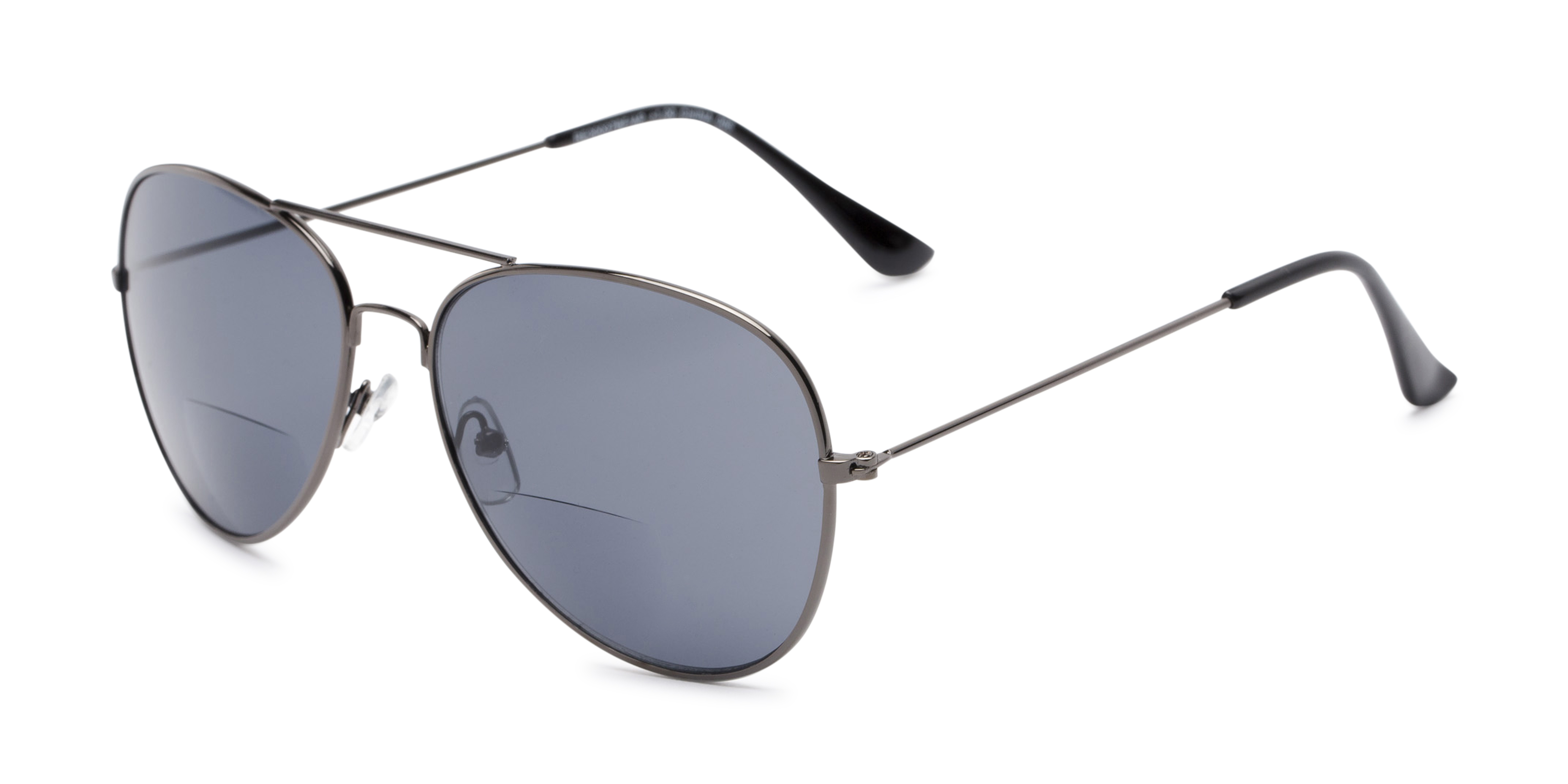Matthew
Touchdown! Greaser!
As my eyes age, my farsightedness is getting worse. That’s a good thing since I’ve always been nearsighted and now things are canceling out. Saw my eye doc today and got the verdict: I’m 20/20 in each eye. But I do need readers for near. My prescription does have a small correction for distance just to sharpen things up a small amount, I still have a slight astigmatism.
I’m going to look into getting my corrective lens limitation removed from my driver’s license.
Question about class III medical: I have the “must use corrective lenses…” restriction on my medical.
Is it as simple as telling the AME I want to see if I can pass the test without glasses and then doing it? Or is there some other paperwork involved in going from lenses to no lenses?
Since I will likely not pass the near vision exam without readers, there will probably be some restriction on my medical. How do the rest of you handle that? Carry cheaters and use them when necessary? Wear glasses with a prescription only in the reading area (progressive or lined bifocal)? Or use the half height readers? Other?
In all honesty, I will probably get a new set of progressives and wear them when flying. The near and intermediate correction is very helpful at reading and panel distances. Plus, the small correction for astigmatism does help. Even though the doc asked “1 or 2” and I had to try multiple times to decide, the correction does help. So I’m probably going to still wear glasses while flying but I’d like to see about removing any limitations that I can.
I’m going to look into getting my corrective lens limitation removed from my driver’s license.
Question about class III medical: I have the “must use corrective lenses…” restriction on my medical.
Is it as simple as telling the AME I want to see if I can pass the test without glasses and then doing it? Or is there some other paperwork involved in going from lenses to no lenses?
Since I will likely not pass the near vision exam without readers, there will probably be some restriction on my medical. How do the rest of you handle that? Carry cheaters and use them when necessary? Wear glasses with a prescription only in the reading area (progressive or lined bifocal)? Or use the half height readers? Other?
In all honesty, I will probably get a new set of progressives and wear them when flying. The near and intermediate correction is very helpful at reading and panel distances. Plus, the small correction for astigmatism does help. Even though the doc asked “1 or 2” and I had to try multiple times to decide, the correction does help. So I’m probably going to still wear glasses while flying but I’d like to see about removing any limitations that I can.

